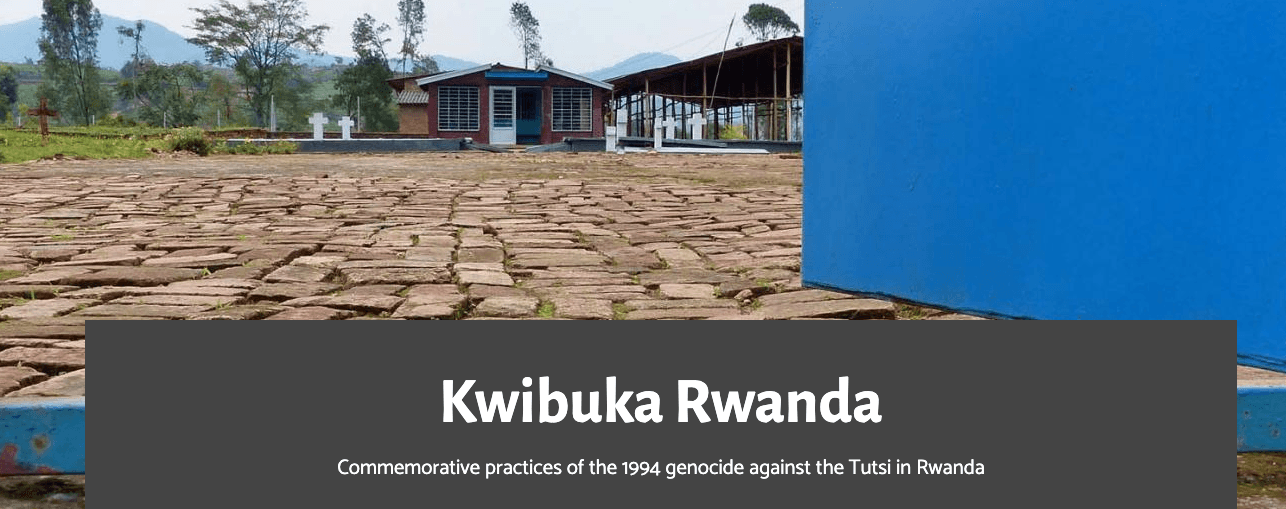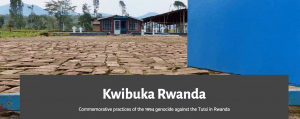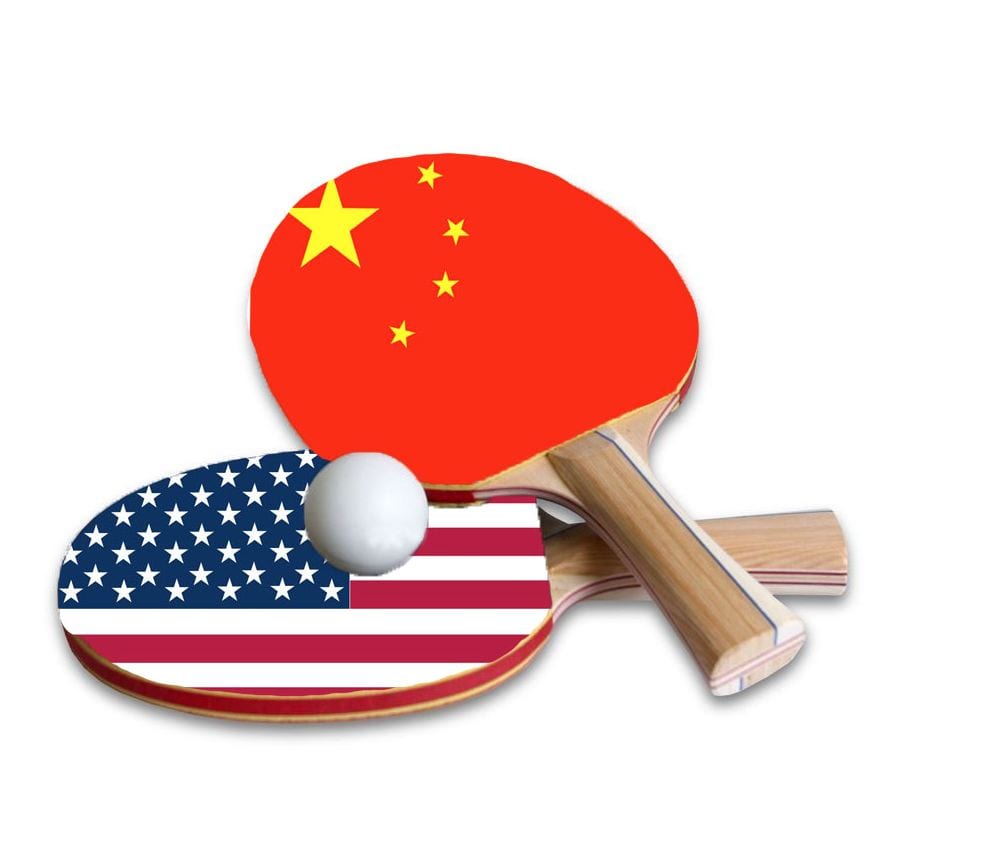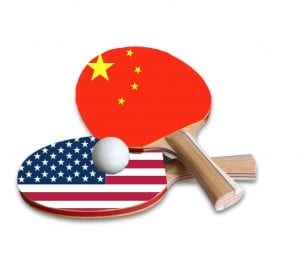 For 12 Elliott M.A. students, spring break brought a special opportunity: a journey to Manhattan for the second annual New York City Career Trek. In Manhattan, they met with industry professionals at coveted employers to gain insight into opportunities in the Big Apple.
For 12 Elliott M.A. students, spring break brought a special opportunity: a journey to Manhattan for the second annual New York City Career Trek. In Manhattan, they met with industry professionals at coveted employers to gain insight into opportunities in the Big Apple.
“This trip is really interesting and a good way to explore various career opportunities,” said one student.
Among the sites where students met with potential employers were The Century Foundation, the Mayor’s Office for International Affairs, Eurasia Group, IIE, and Acquis Consulting. They heard about the organizations’ roles in the international affairs sphere and learned of updates on current work they are accomplishing. Many employers had advice for the students on how to make the most of their studies and leverage their resumes and experience to launch ideal careers.
The group also toured the United Nations and a chance to peek into the “Women in Power” press conference being held in the iconic U.N. General Assembly. Viewing incredible relics of history such as the original Nobel Peace Prize and a statue that survived the Nagasaki atomic bomb, the Elliott School students were inspired to join the ranks of the international leaders who walked the very same halls.
In addition to the tours and employer site visits, students were able to enjoy a reception in Times Square with Elliott School alumni, who shared their individual stories of life at Elliott and beyond as they mingled with current students.
“I always feel proud as a member of the Elliott School community, and I appreciate it more for the helpful networking,” one student said. “This site visit brought me eye-opening experiences and helped me make close bonds with Elliott Fellows.”





